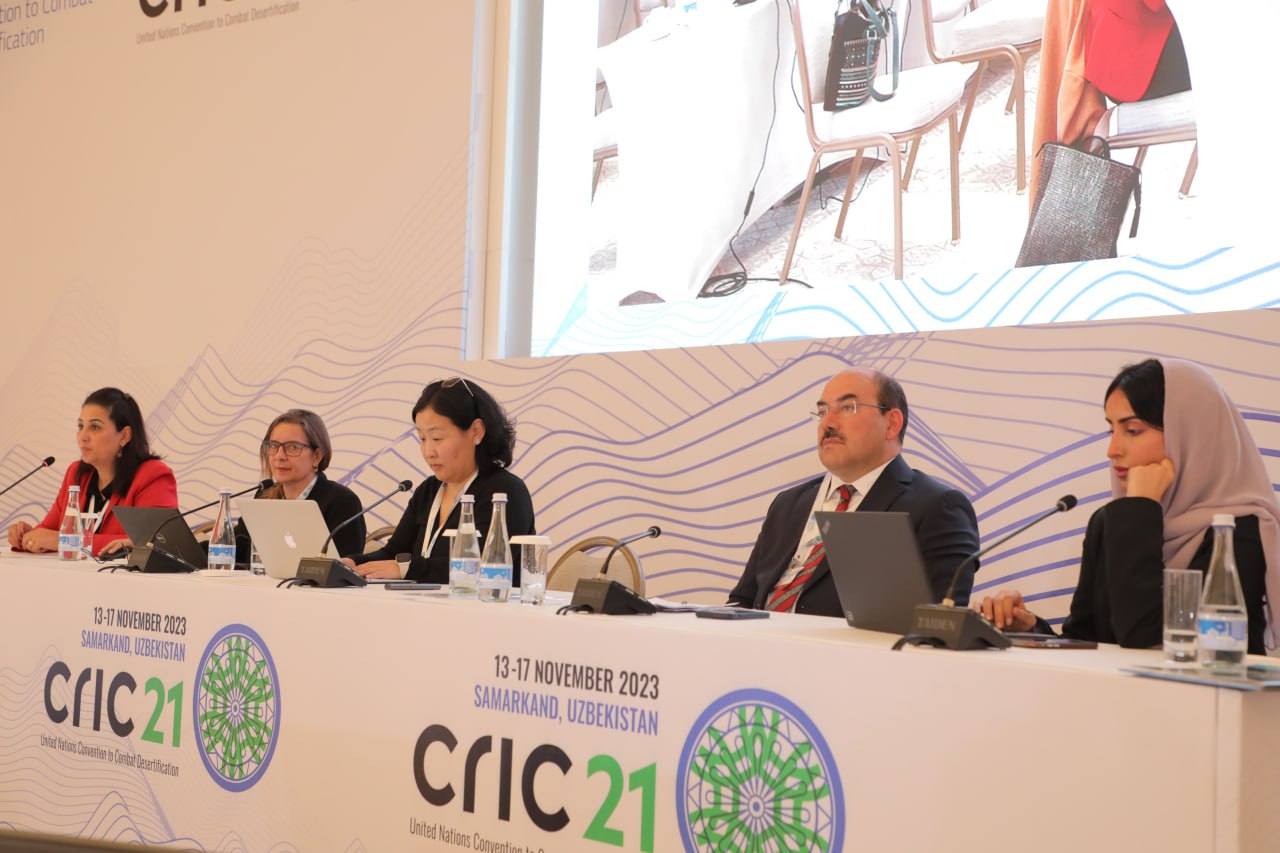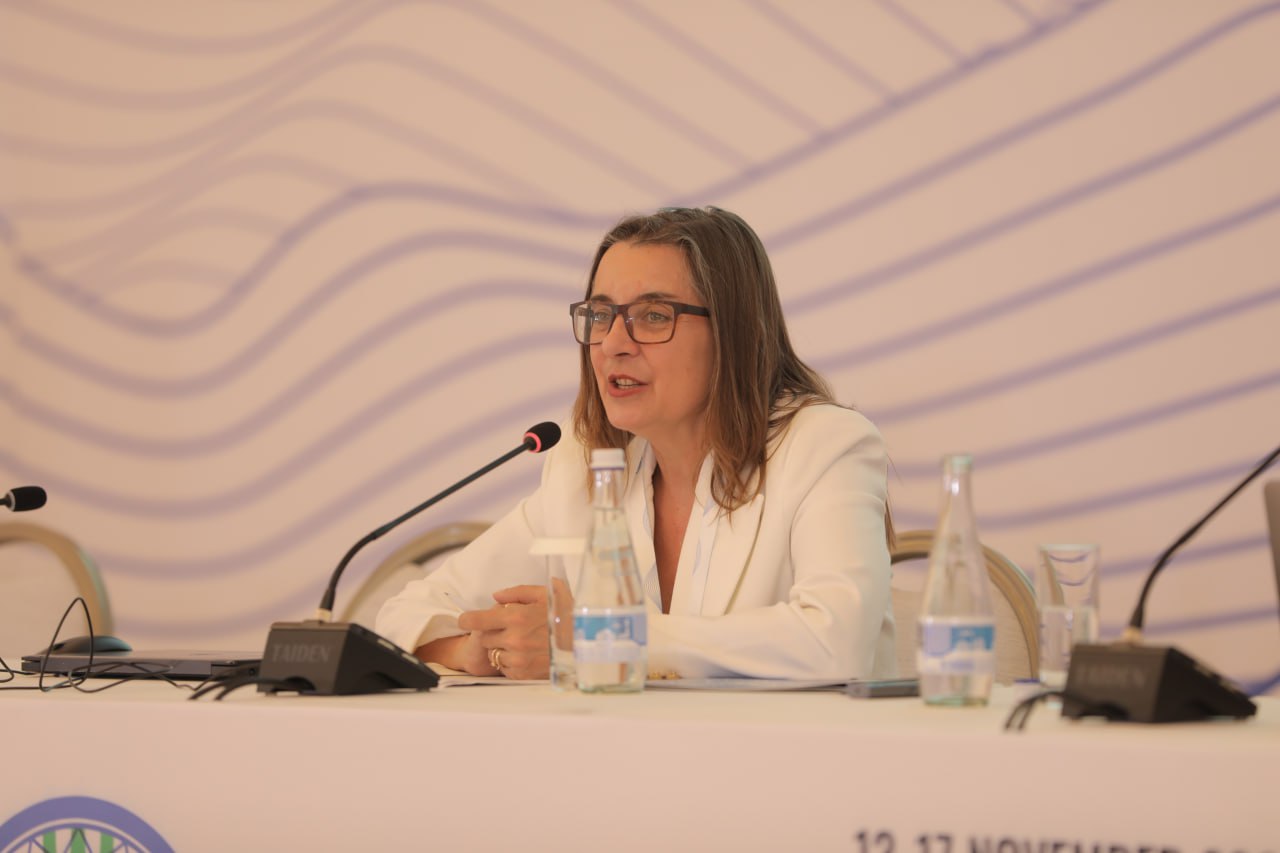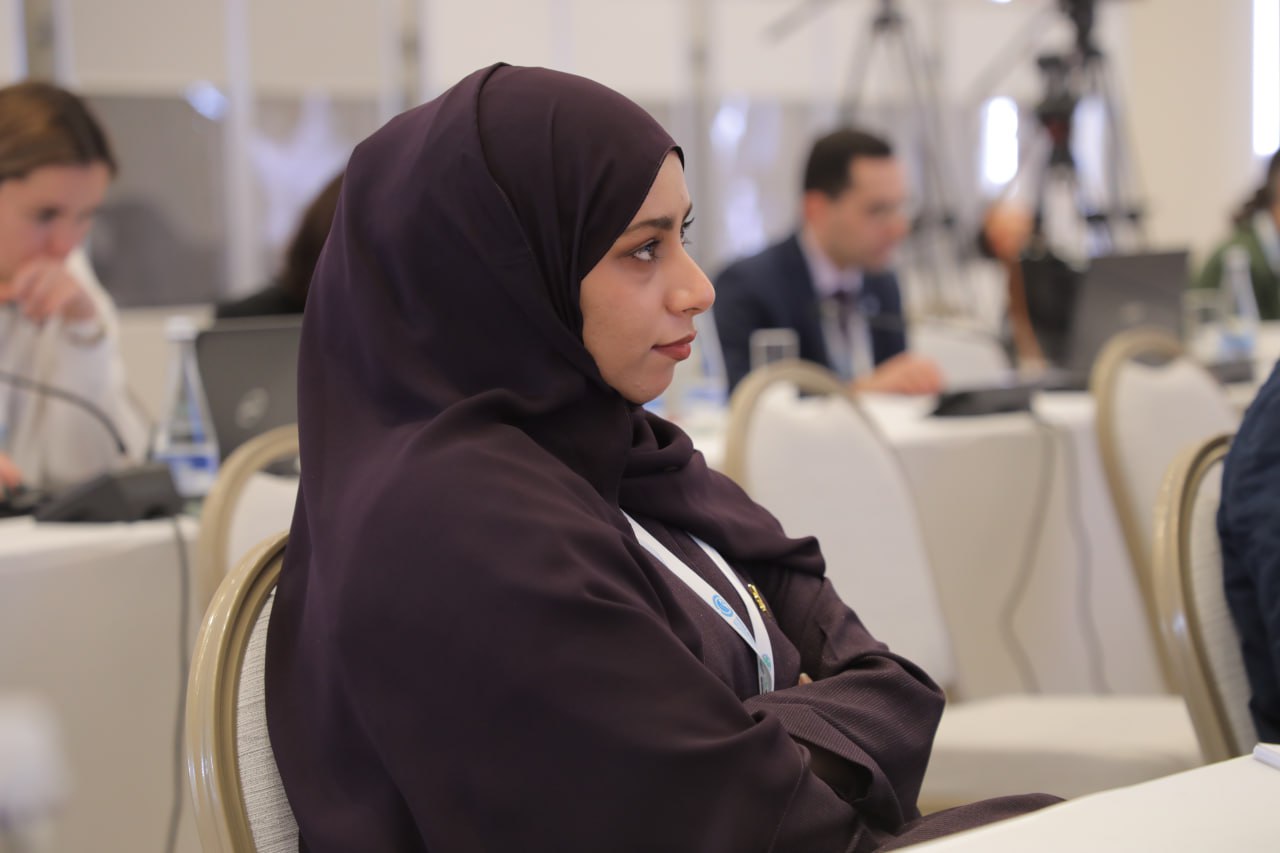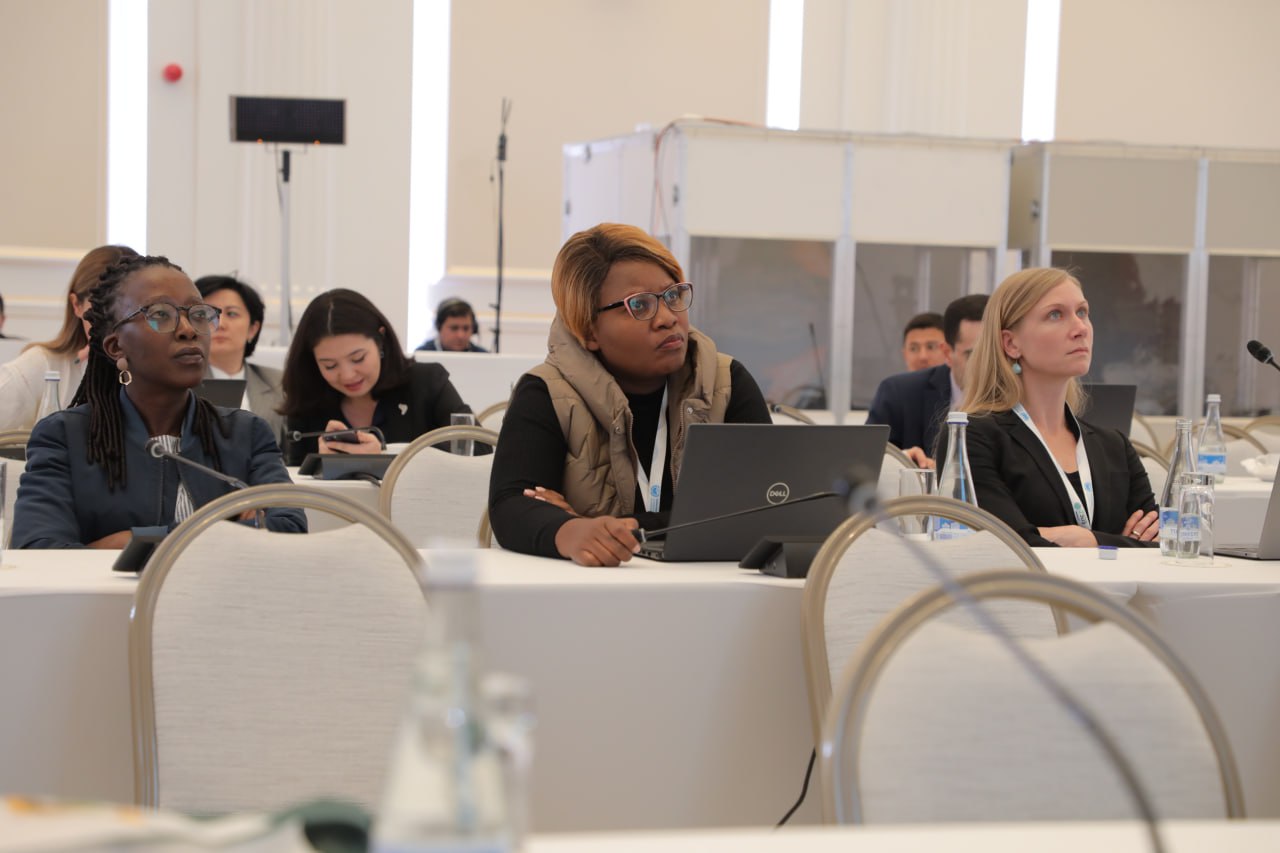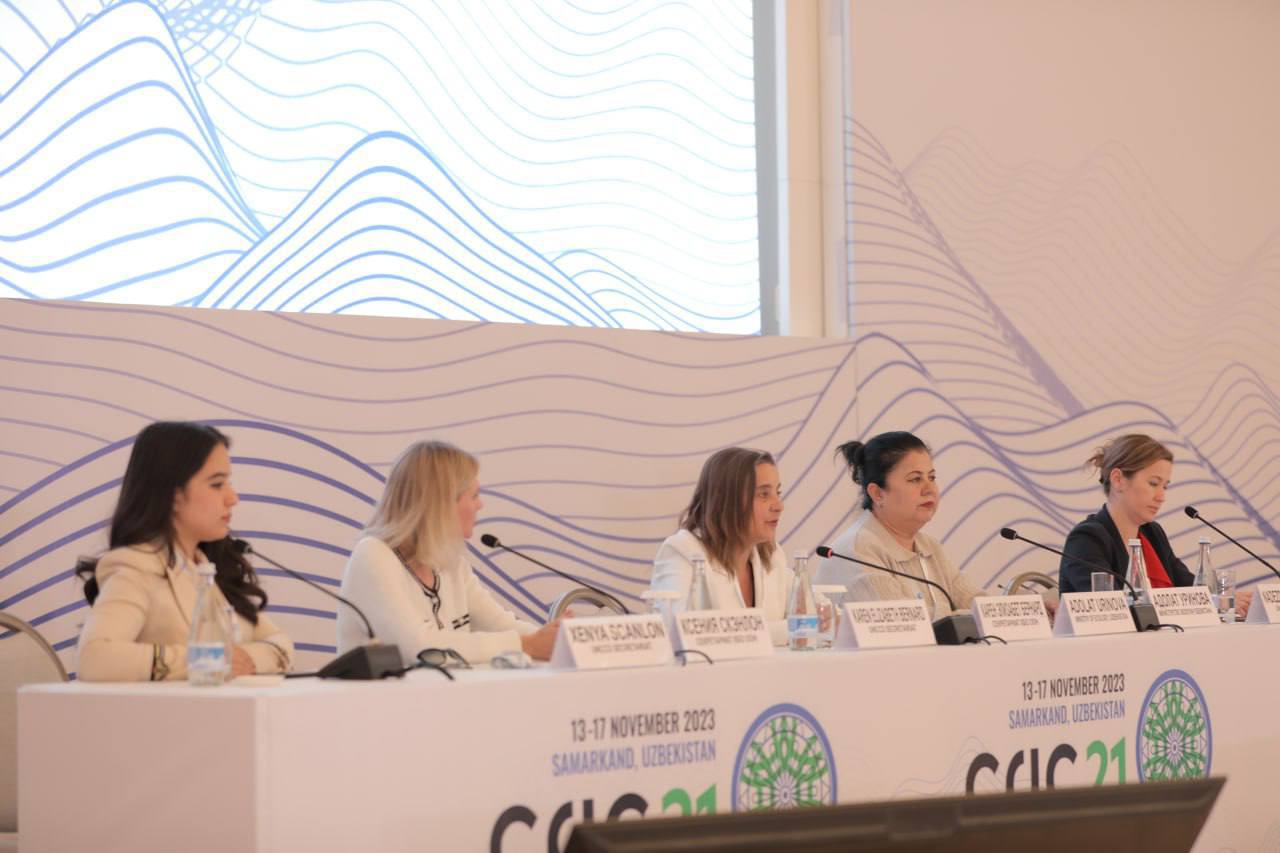
During the 21st session of the Committee for the Review of the Implementation of the UN Convention to Combat Desertification (CRIC-21), plenary sessions were held to discuss the topic of gender equality. The events focused on the role of women in combating desertification and drought, as well as issues related to gender equality in the use of land resources.
"If we look at the statistics, women make up the majority of those who engage in labor-intensive work on the land. However, they have a smaller share of land resources. Today's session is dedicated to ending gender inequality and strengthening women's rights, — said Ksenia Sklenlon, the Executive Secretary of the UN Convention to Combat Desertification. -"Gender equality is necessary for sustainable, progressive, and meaningful actions in combating drought, hunger, and land degradation. Our goal is to give women the opportunity to lead a healthy life on the land,"- she added.
During the session, it was emphasized that gender inequality hinders women from accessing resources and strengthening their knowledge and skills in this regard. It was also noted that gender equality enables women to invest in sustainable land resource management methods, such as soil erosion prevention and tree planting.
The session also paid special attention to the lack of equal rights to land ownership, access to resources, information, technologies, and financial services. It was recognized that women face certain obstacles in decision-making, and therefore, in combating sand and dust storms (SDS), it is necessary to focus on gender-responsive and gender-transformative measures to halt land degradation.
"Water conservation is crucial for preventing desertification. Women are primarily responsible for conserving water. Additionally, the number of women among scientists seeking solutions to environmental problems is increasing. Today, women conduct scientific research and propose relevant solutions to issues such as drought, hunger, and land degradation," said Adolat Orinova, the head of the Biodiversity Conservation Laboratory at the Research Institute of Technologies. "In our institute, women scientists conduct research on preventing desertification, land degradation, and the planting and cultivation of desert-resistant plants on the dried-up bottom of the Aral Sea."
During the session, speakers called for more active efforts to ensure equal access to and ownership of land by women, especially those living in rural areas, as well as to enhance their safety in this regard. As a result of the events, an agreement was reached to continue taking consistent measures to promote gender equality in addressing environmental issues and further strengthen cooperation in this direction.
